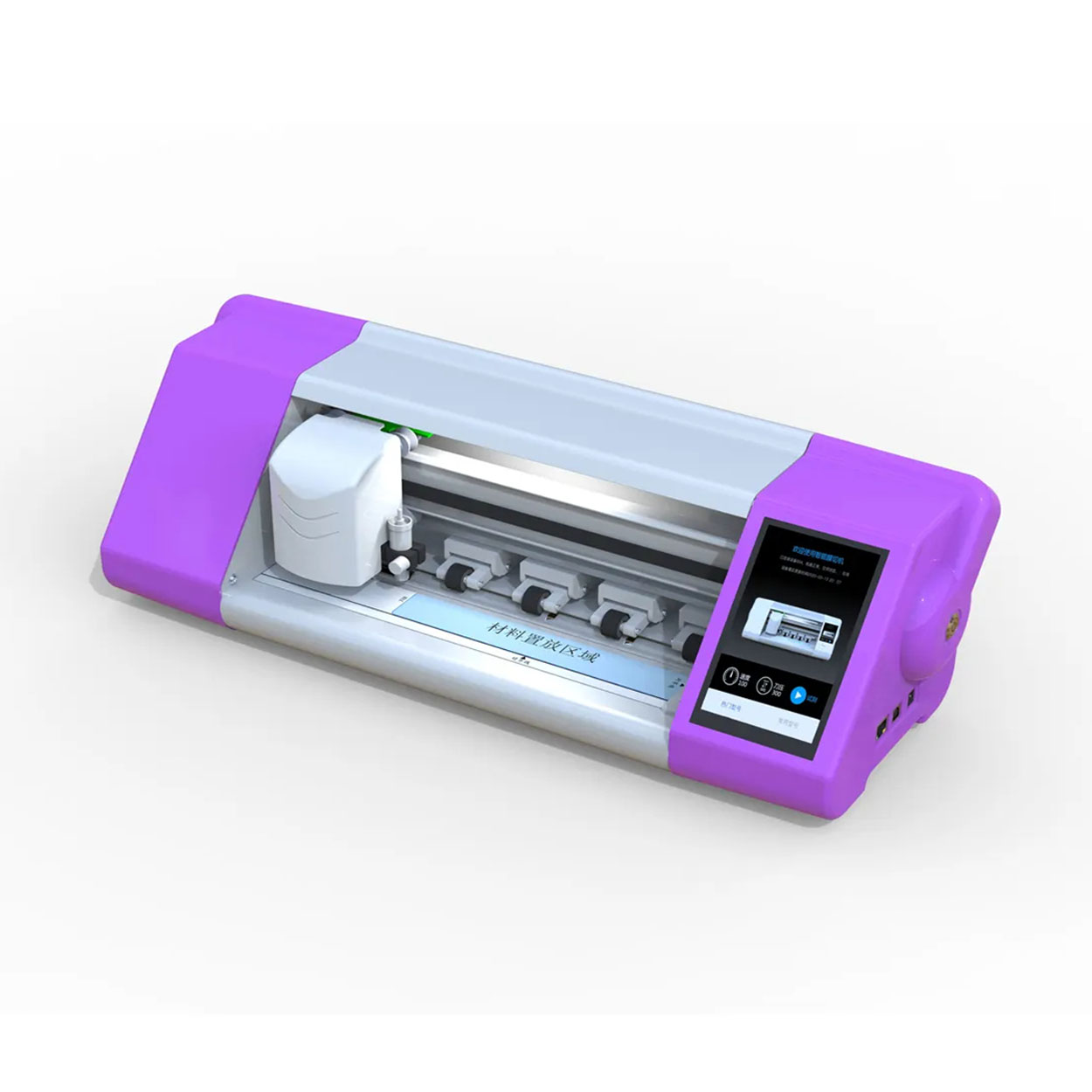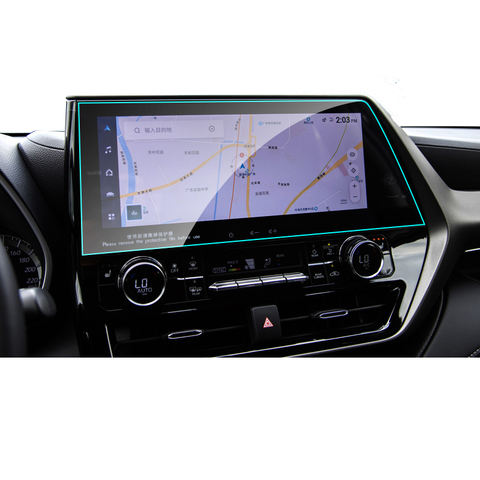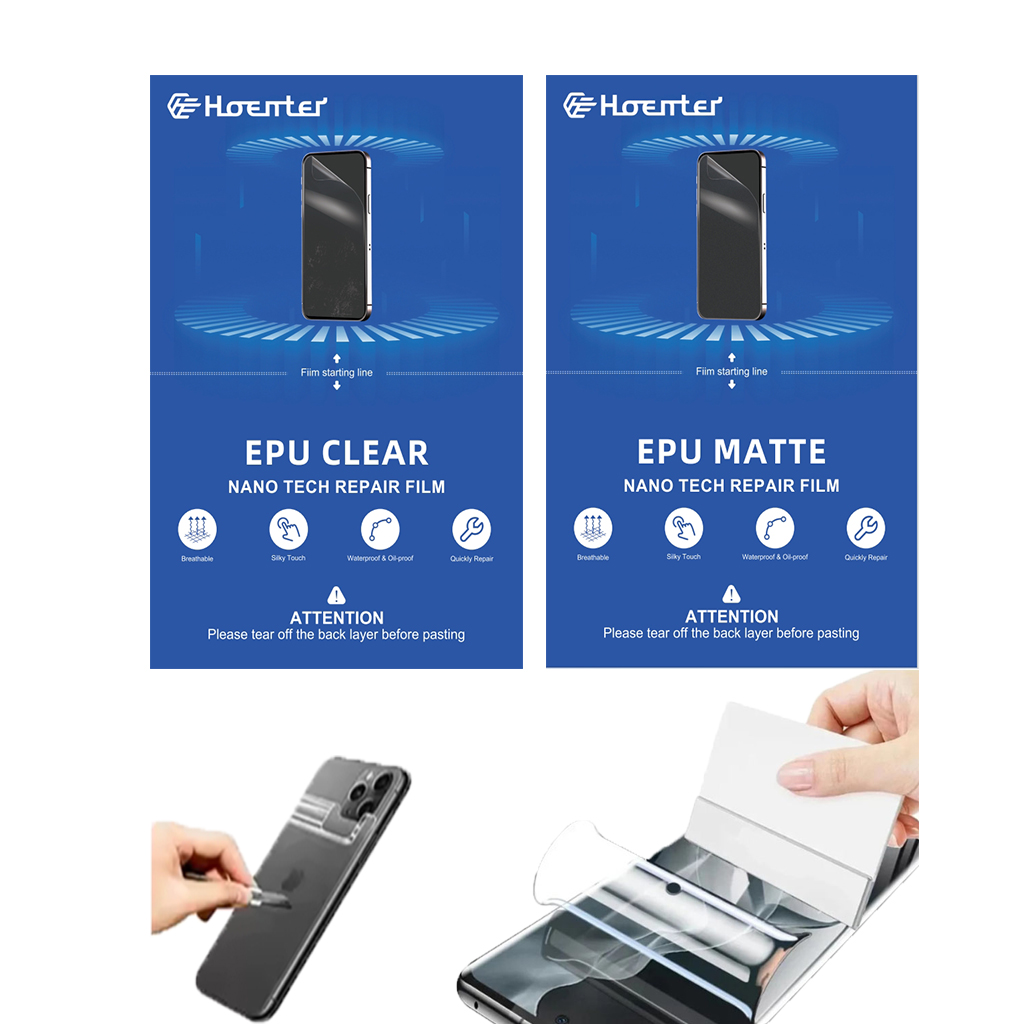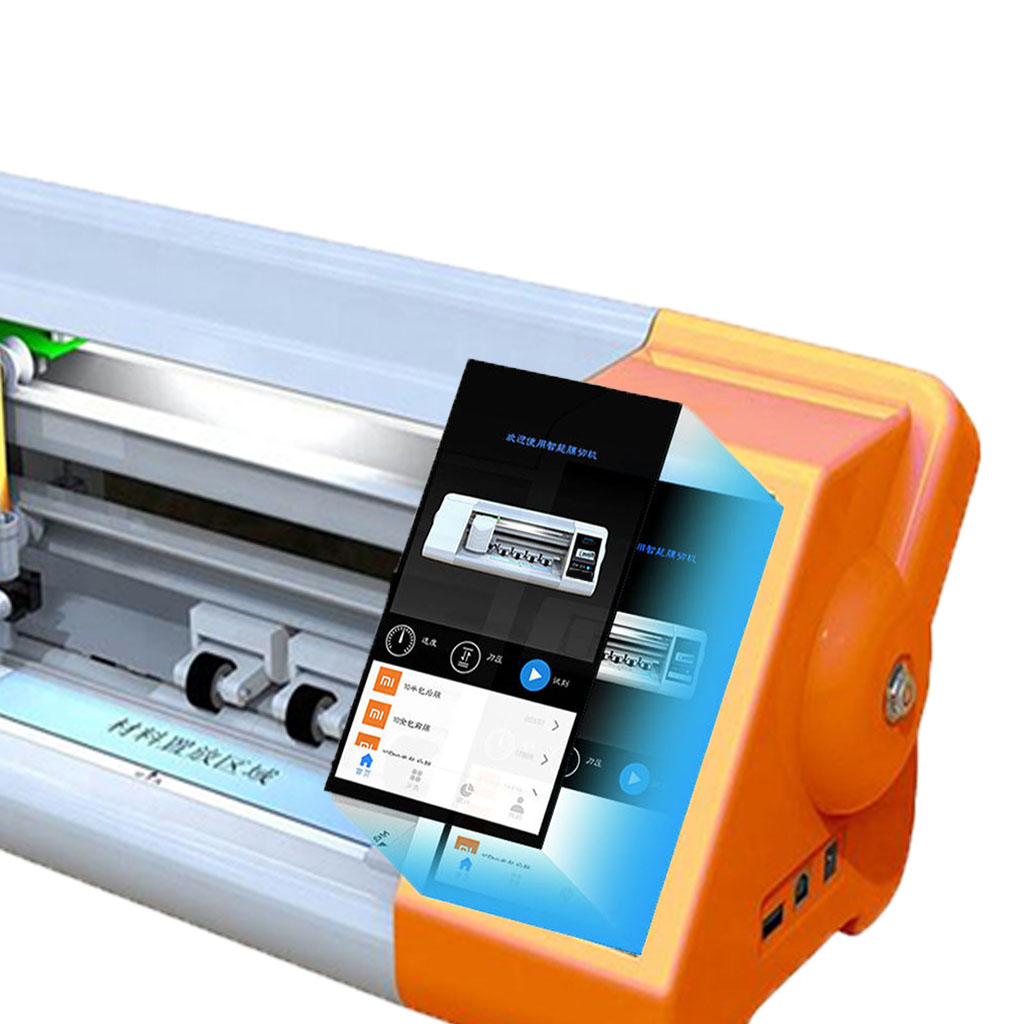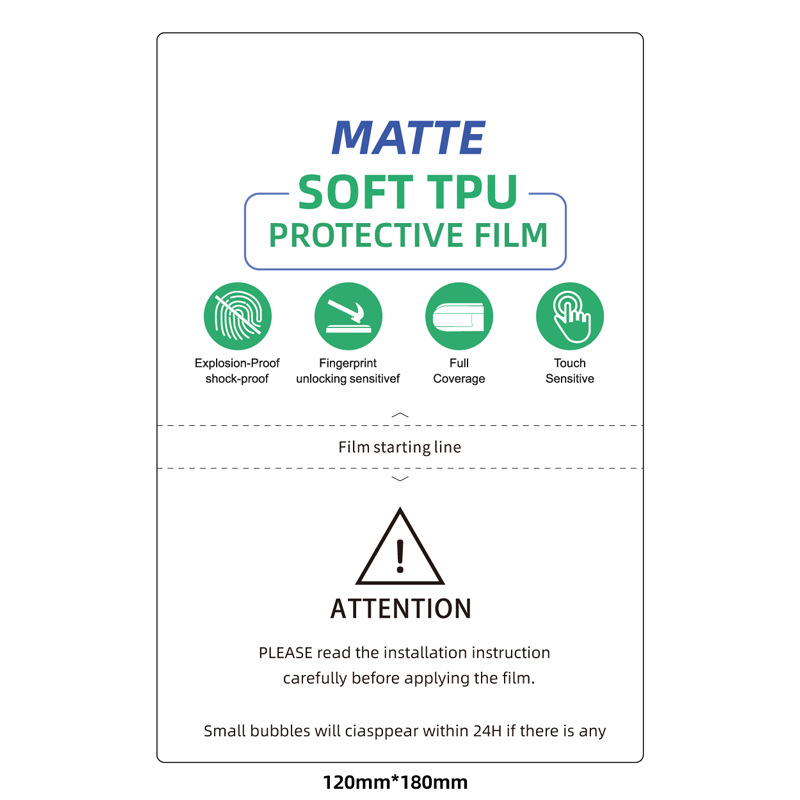
Can You Clean the Sticky Side of a Screen Protector?
สารบัญ
สรุป
Cleaning the sticky side of a screen protector is a simple process when done correctly. Here are the most important things to remember:
- Use only gentle cleaning solutions like distilled water or mild soap.
- Avoid harsh chemicals that can damage the adhesive.
- Be patient and allow the protector to dry completely before reapplying.
- If the protector is too damaged, consider replacing it.
1. What Is the Sticky Side of a Screen Protector, and Why Does It Matter?
The sticky side of a screen protector, also known as the adhesive side, is the part that clings to your phone’s screen. This layer is responsible for ensuring a firm, bubble-free attachment, providing protection against scratches, smudges, and accidental drops.When dirt, dust, or fingerprints accumulate on this side, it can cause the protector to lose its adhesive properties. This leads to poor screen clarity, bubbles, or even the protector falling off. Cleaning this surface properly is crucial to maintaining its functionality, especially if you plan to reuse it.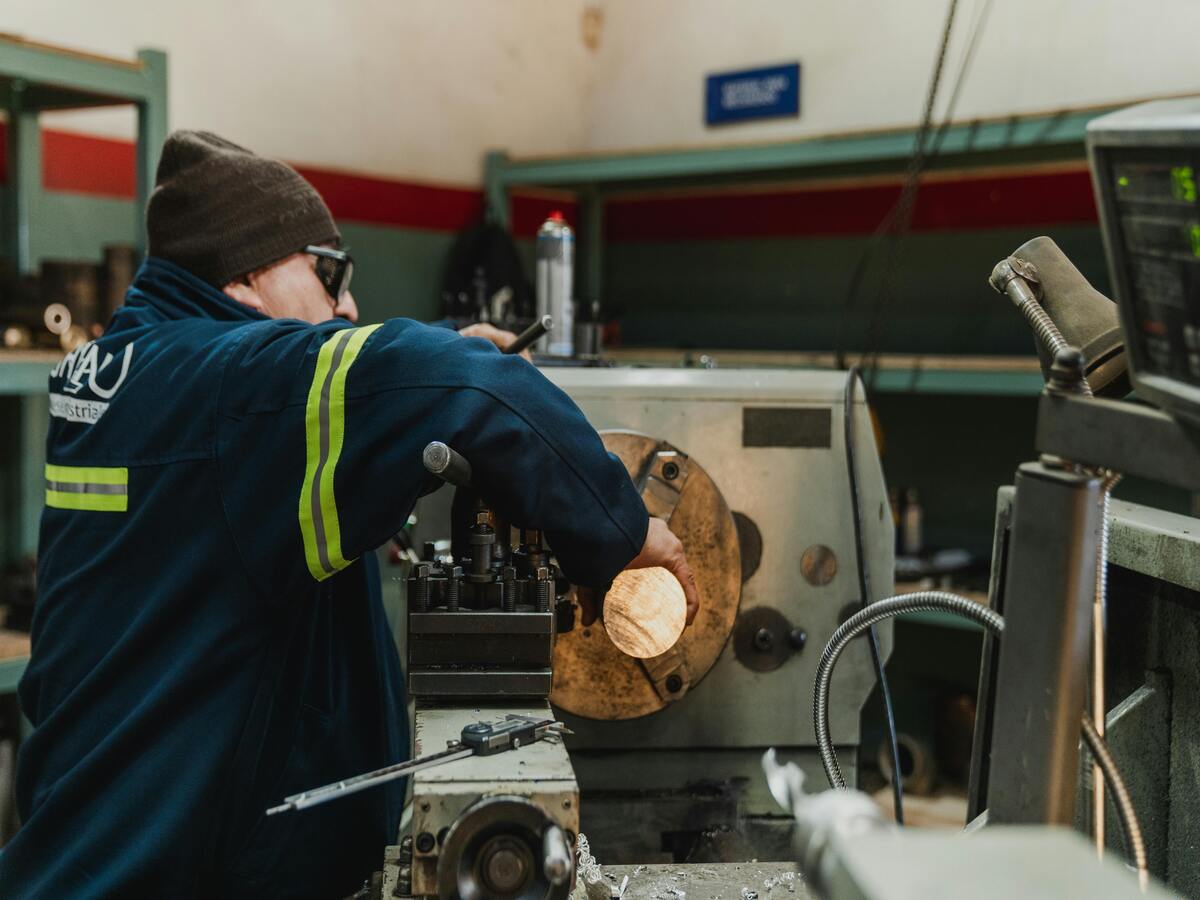
2. Can You Clean the Sticky Side of a Screen Protector?
Yes, you can clean the sticky side of a screen protector, but it requires care and the right technique. Whether you have a tempered glass protector or a flexible plastic one, the adhesive side can be cleaned to remove dust and restore its stickiness.However, not all screen protectors are created equal. Some may lose their adhesive properties after cleaning, while others—especially high-quality tempered glass protectors—are more forgiving. Using the correct cleaning method is key to preserving the adhesive without damaging the protector.3. Essential Tools and Cleaning Solutions for the Job
Before you begin cleaning the sticky side of a screen protector, gather the necessary tools. Here’s what you’ll need: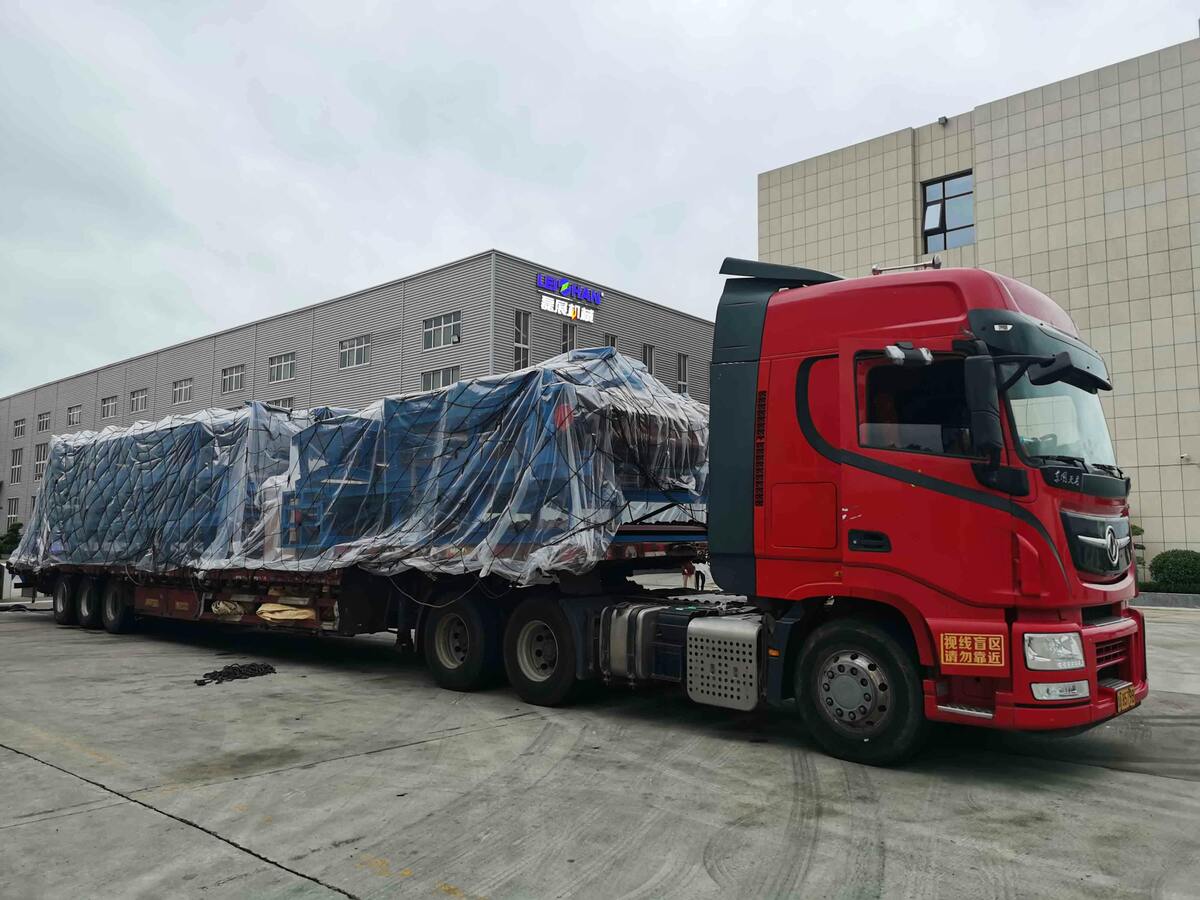
4. How to Prepare Your Screen Protector for Cleaning
Preparation is essential to ensure the cleaning process goes smoothly. Follow these steps to get started:- Find a Clean Workspace: Make sure your environment is free of dust and debris. A bathroom or clean desk works well.
- Wash Your Hands: Clean hands reduce the risk of transferring dirt or oils onto the screen protector.
- Remove the Protector Carefully: Gently peel the screen protector off your device, starting from one corner. Avoid bending or creasing it.
5. Step-by-Step Guide: How to Clean the Sticky Side of a Screen Protector
Cleaning the adhesive side of a screen protector requires precision and patience. Here’s a step-by-step guide:Step 1: Rinse with Distilled Water
Begin by rinsing the sticky side under a gentle stream of distilled water. This helps remove loose dirt and debris without introducing scratches.Step 2: Use a Mild Soap Solution (Optional)
If the protector is greasy or heavily soiled, mix a drop of mild dish soap with distilled water. Dip the protector into the solution and gently rub the sticky side with your fingers.
Step 3: Rinse Again
Rinse thoroughly to remove any soap residue. Be careful not to let water pool on the surface for too long.Step 4: Air Dry or Use a Microfiber Cloth
Allow the screen protector to air dry sticky-side-up on a clean surface. Alternatively, dab it gently with a microfiber cloth to speed up the drying process.6. How to Reapply the Screen Protector After Cleaning
Once the screen protector is clean and dry, it’s time to reapply it to your device. Follow these steps for a flawless application:- Clean Your Phone Screen: Use a microfiber cloth and a cleaning solution to remove any smudges or fingerprints.
- จัดตำแหน่งตัวป้องกัน: Hold the screen protector above your phone and carefully align it with the edges.
- Apply Gently: Starting from one edge, press the protector down while smoothing out air bubbles with a card or cloth.
7. Common Mistakes to Avoid When Cleaning the Sticky Side
When it comes to cleaning the sticky side of a screen protector, there are some common mistakes that can ruin the adhesive or damage the protector. Here’s what to avoid:- Using Harsh Chemicals: Avoid alcohol, ammonia, or other abrasive cleaners.
- Scrubbing Aggressively: Be gentle to prevent scratches or damage to the adhesive.
- Skipping the Drying Process: Reapplying a wet protector can trap moisture, leading to bubbles or reduced stickiness.
8. Can You Use Any Cleaning Solution on the Adhesive Side?
Not all cleaning solutions are safe for the sticky side of a screen protector. Products like window cleaners, alcohol wipes, or acetone can degrade the adhesive and make it unusable. Stick to gentle options like distilled water or a mild soap solution.If you’re unsure about a specific solution, test it on a small, inconspicuous area of the protector before applying it to the entire surface.9. How to Tell If a Screen Protector Is Beyond Saving
Sometimes, cleaning isn’t enough to salvage a screen protector. Here’s how to know if it’s time to replace it:- Excessive Damage: If the protector has deep scratches, cracks, or significant peeling, it’s better to invest in a new one.
- Lost Adhesion: If cleaning doesn’t restore the stickiness, the adhesive may be permanently damaged.
- Persistent Bubbles: If air bubbles keep reappearing after cleaning and reapplying, the protector might be worn out.
10. Tips to Keep Your Screen Protector Clean and Bubble-Free
Prevention is the best way to maintain your screen protector. Here are some tips to keep it clean and functional:- Avoid Touching the Sticky Side: Oils from your fingers can reduce adhesion.
- Clean Regularly: Wipe the protector with a microfiber cloth to remove smudges and dust.
- Use a Case: A phone case can help prevent dirt from accumulating around the edges.
ความคิดเห็น
แท็ก
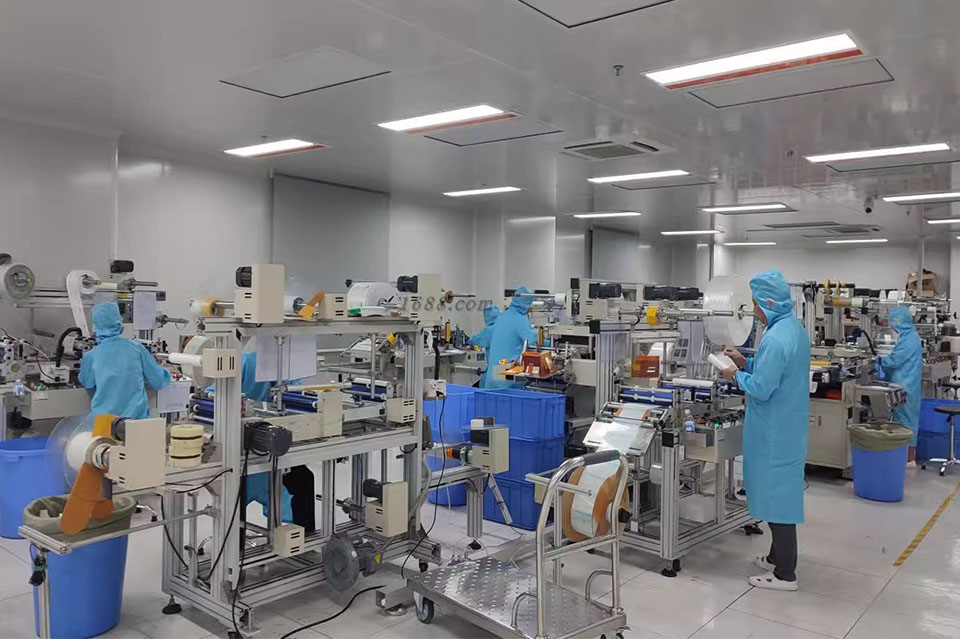
วิธีขจัดฟองอากาศออกจากฟิล์มกันรอย: เคล็ดลับและคำแนะนำจากผู้เชี่ยวชาญ
คุณรู้สึกหงุดหงิดกับฟองอากาศที่น่ารำคาญที่ทำลายรูปลักษณ์ของฟิล์มกันรอยที่เพิ่งติดใหม่หรือไม่? คุณไม่ได้เป็นคนเดียว ผู้ใช้สมาร์ทโฟนหลายคนประสบปัญหานี้ แต่ไม่ต้องกังวล! คู่มือฉบับสมบูรณ์นี้จะแนะนำวิธีต่างๆ ในการกำจัดฟองอากาศออกจากฟิล์มกันรอยอย่างมีประสิทธิภาพ ไม่ว่าจะเป็นแบบฟิล์มหรือกระจก เราจะครอบคลุมทุกอย่างตั้งแต่การป้องกันไปจนถึงการแก้ไขปัญหา เพื่อให้คุณได้ฟิล์มกันรอยที่ไร้ฟองอากาศ ซึ่งจะทำให้ทั้งรูปลักษณ์และการปกป้องอุปกรณ์ของคุณดีขึ้น
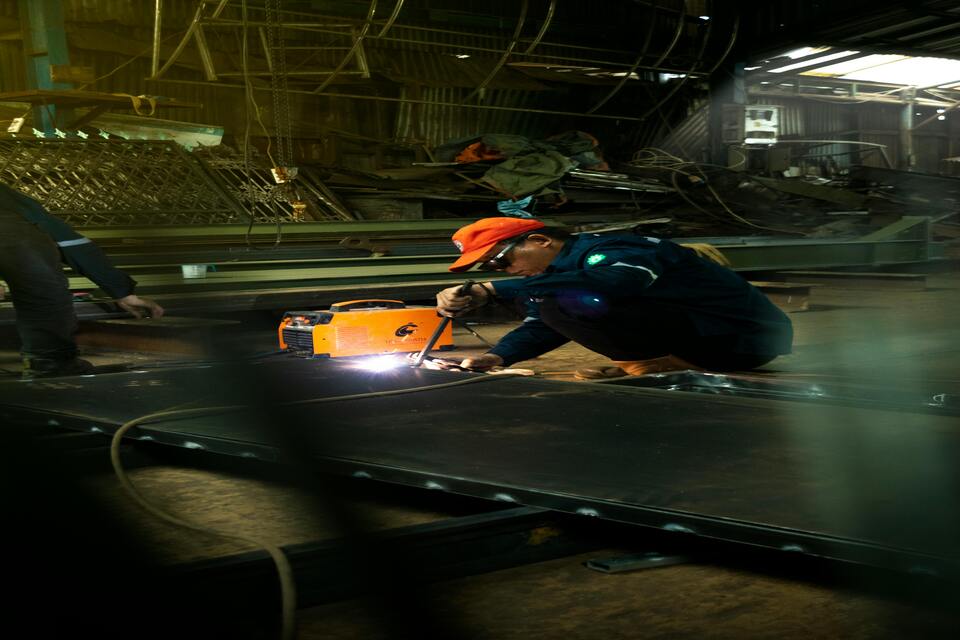
How to Clean Screen Protector Sticky Side?
By following these steps, you can extend the life of your screen protector and keep your device looking brand new. Happy cleaning!
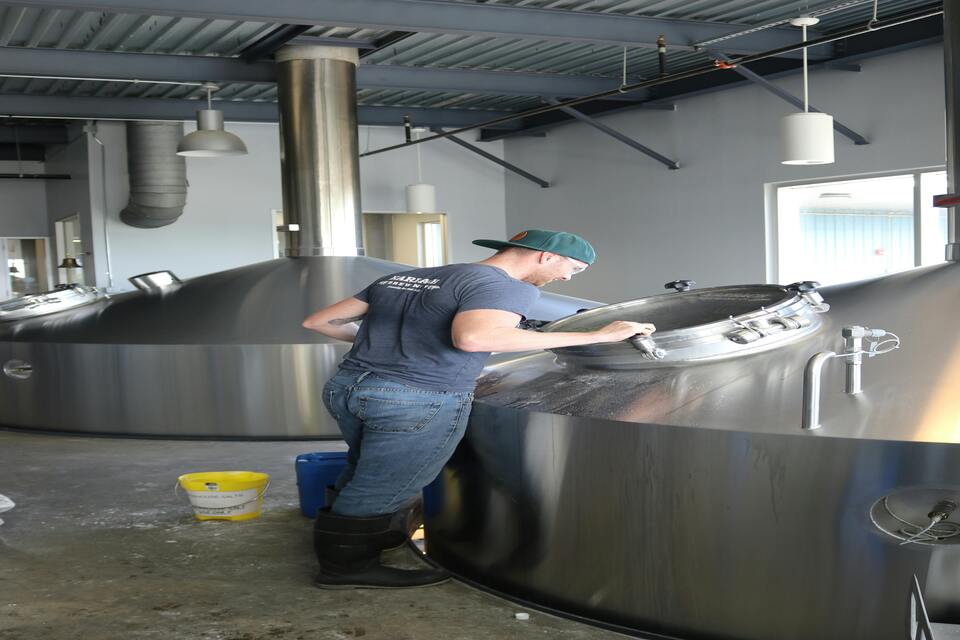
What Is TPU Material?
This article provides a comprehensive overview of TPU, highlighting its importance and potential in various fields.

วิธีเลือกฟิล์มไฮโดรเจลแบบยืดหยุ่นให้เหมาะกับผลิตภัณฑ์ของคุณ
ฟิล์มไฮโดรเจลแบบยืดหยุ่นได้เป็นวัสดุอเนกประสงค์ที่โดดเด่นด้วยปริมาณน้ำที่สูงและความยืดหยุ่น ซึ่งทำให้สามารถนำไปใช้งานได้หลายสาขา รวมถึงการแพทย์ อุปกรณ์อิเล็กทรอนิกส์ และการตรวจจับสิ่งแวดล้อม

How to Apply Liquid Screen Protector to Phone
Liquid screen protectors offer a modern, effective way to protect your smartphone.
ค้นหาความรู้และแนวโน้มทั้งหมดจากบล็อกของเรา รับราคาขายส่งและคุณภาพดีที่สุดจากโรงงานของเรา
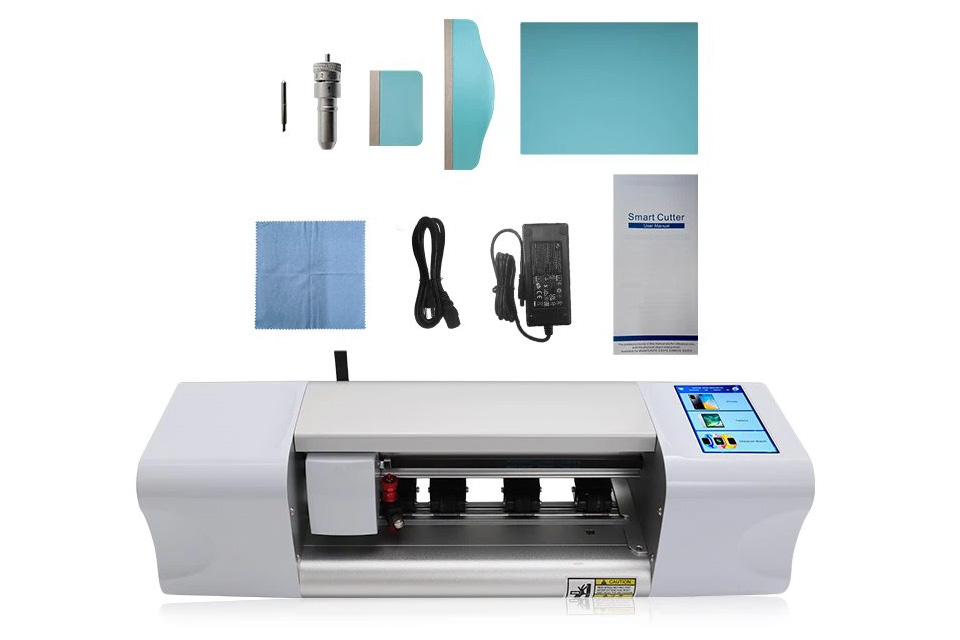
เครื่องตัดฟิล์มคืออะไรและการใช้งานของมัน
เครื่องตัดฟิล์มมีบทบาทสำคัญในวิวัฒนาการของการผลิตภาพยนตร์และกระบวนการอุตสาหกรรมต่างๆ ด้วยการช่วยให้สามารถตัดและต่อวัสดุฟิล์มได้อย่างแม่นยำ
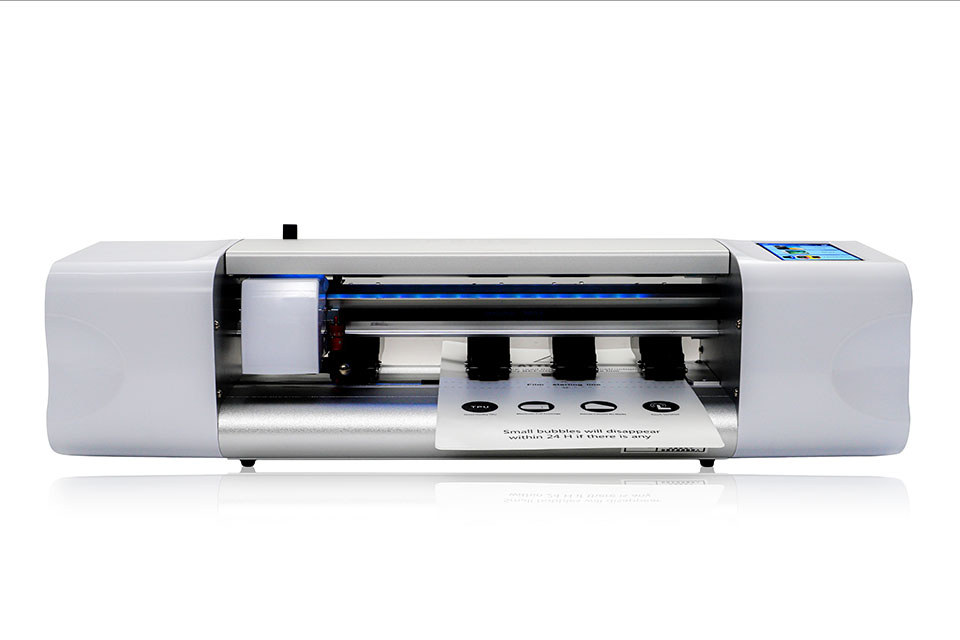
เครื่องตัดฟิล์มกันรอยคืออะไร?
เครื่องตัดฟิล์มกันรอยหน้าจอเป็นอุปกรณ์พิเศษที่ออกแบบมาเพื่อผลิตฟิล์มกันรอยหน้าจอให้พอดีกับอุปกรณ์อิเล็กทรอนิกส์ต่างๆ รวมถึงสมาร์ทโฟน แท็บเล็ต สมาร์ทวอทช์ แล็ปท็อป และจอภาพ
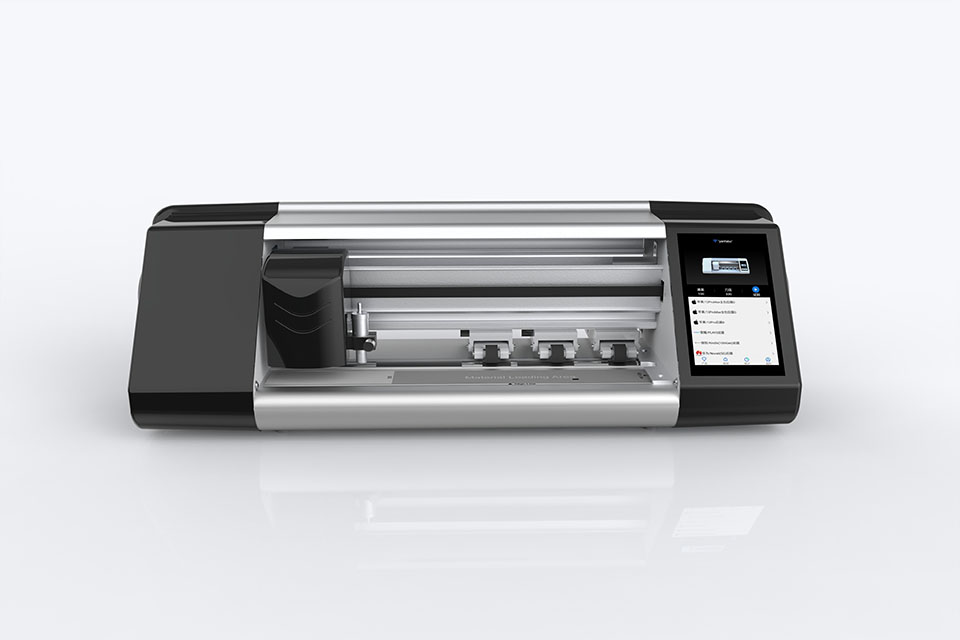
เครื่องตัดฟิล์มกันรอยหน้าจอโทรศัพท์มือถือทำงานอย่างไร?
เครื่องตัดฟิล์มกันรอยหน้าจอโทรศัพท์มือถือเป็นอุปกรณ์ที่ออกแบบมาอย่างซับซ้อน
เพื่อผลิตฟิล์มกันรอยหน้าจอแบบกำหนดเองสำหรับอุปกรณ์ดิจิตอลต่างๆ ด้วยความแม่นยำสูง
และความมีประสิทธิภาพ
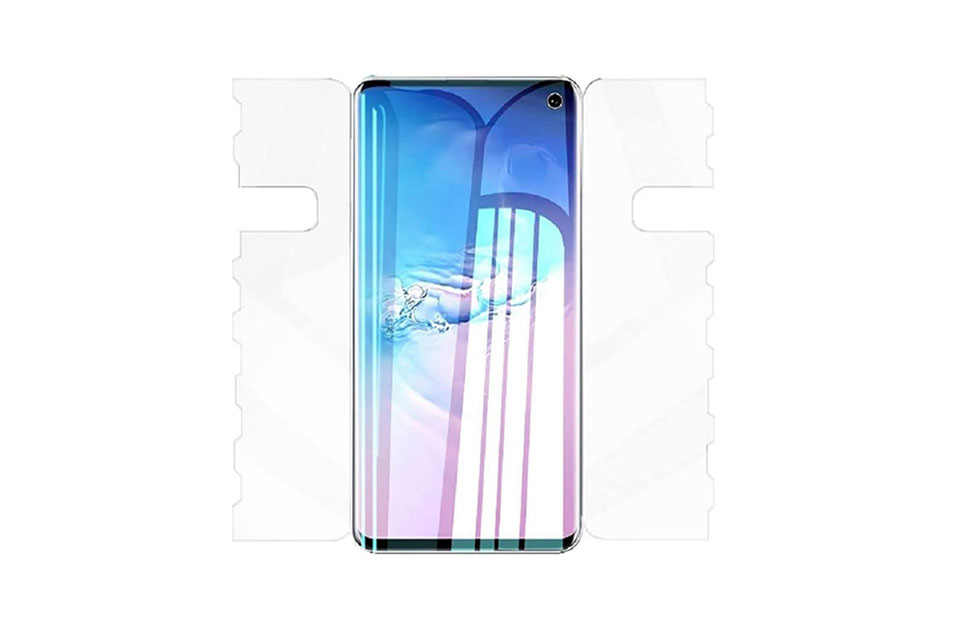
คุณสมบัติของกระจกนิรภัยสำหรับโทรศัพท์มือถือและฟิล์มกันรอยหน้าจอ TPU สำหรับโทรศัพท์มือถือ
ฟิล์มกันรอยหน้าจอเทอร์โมพลาสติกโพลียูรีเทน (TPU) มีความยืดหยุ่น ทนทาน และ
ฟิล์มพลาสติกซ่อมแซมตัวเองที่ออกแบบมาเพื่อปกป้องหน้าจออุปกรณ์อิเล็กทรอนิกส์จาก
รอยขีดข่วน การกระแทก และความเสียหายที่อาจเกิดขึ้นอื่นๆ
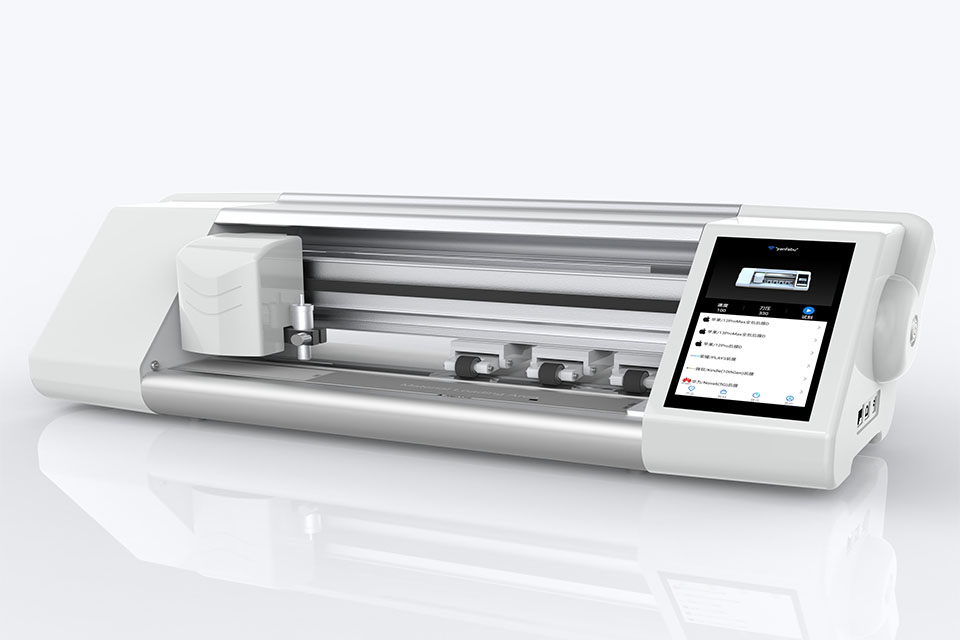
ปฏิวัติการปกป้องอุปกรณ์ด้วยเครื่องตัดการ์ดหน้าจอ
ไม่ว่าคุณจะมีสมาร์ทโฟน แท็บเล็ต หรือสมาร์ทวอทช์ อุปกรณ์อเนกประสงค์นี้สามารถรองรับอุปกรณ์ได้หลากหลายประเภท โดยสามารถปรับให้เข้ากับขนาดของอุปกรณ์ของคุณได้อย่างลงตัว จึงให้ขนาดที่พอดีซึ่งอุปกรณ์ป้องกันทั่วไปไม่สามารถเทียบได้
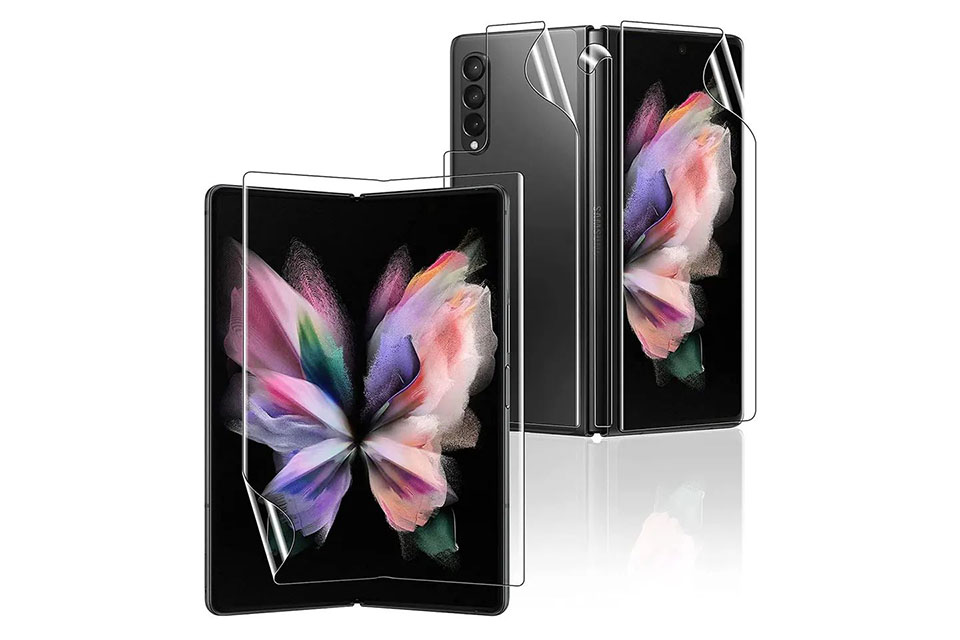
ฟิล์มกันรอยรับประกันตลอดอายุการใช้งาน
การรับประกันฟิล์มกันรอยตลอดอายุการใช้งานเป็นการรับประกันที่ให้โดยผู้ผลิตว่า
สัญญาว่าจะซ่อมแซมหรือเปลี่ยนฟิล์มกันรอยหน้าจอตลอดอายุการใช้งานของผลิตภัณฑ์ ภายใต้ข้อกำหนดและเงื่อนไขเฉพาะ

